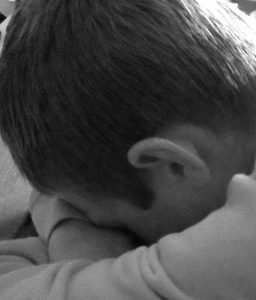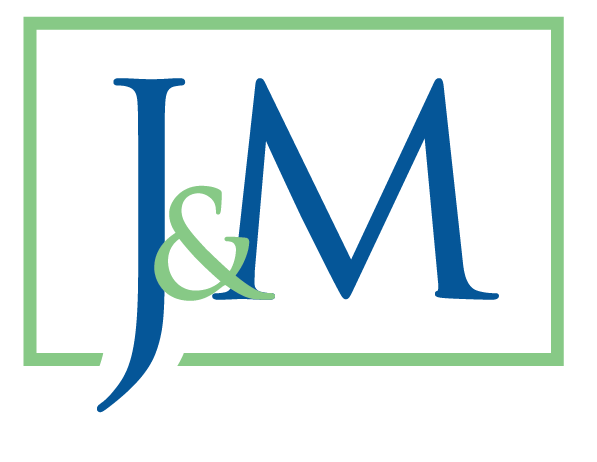Support for Parents: Behavioral Health
From J&M’s work looking at recovery issues from previous disasters, we understand that there is generally a rise in mental health needs in students after a disaster, often not peaking until 12–18 months after the event. Not all students will experience issues, and needs will manifest themselves differently in each person. From shortened attention spans to more risk-taking behavior, parents may find that their children are acting out in different ways. It’s important to address these issues as they arise. Many schools and community organizations have released information on resources available to assist families; it’s important for parents to know where to turn for help if they need it.
We asked CJ Huff, J&M Consultant and former superintendent of Joplin Schools, to address some of the things that can be done now to lessen the impact moving forward.
“States across the country have made the unprecedented decision to close schools for the remainder of the year as a necessary measure to #StopTheSpread. When my kids’ schools closed for the start of our traditional spring break back in mid-March, we had no idea that was actually the beginning of a VERY long summer vacation.
“Initially my 11- and 18-year-old were both excited at the prospect of not having school. But now that the days have turned into weeks and the weeks are turning into months, boredom has begun to set in. The camps they were looking forward to this summer are on hold; interaction with friends is limited to text messaging and Facetime; no track practice, no dance class, no weightlifting, no hanging out with friends on weekends, no sleepovers, no dates, no prom…frankly I would be bored, too. In these uncertain times, adults and children alike can find comfort in those things we can control.
“Our children’s social isolation in the face of this pandemic certainly creates new challenges, but also an opportunity to foster healthy habits that will serve them well through this pandemic and beyond. As parents, physical, spiritual, and family wellness are three areas in which we can foster behaviors to cope with the challenges of the moment as we raise children who are more resilient and better prepared to tackle the challenges they will experience throughout life.
“As we think about physical wellness, diet, sleep, and exercise are very important and really serve as the foundation to spiritual and family wellness. Unfortunately for us parents, that means we have to set boundaries that are NEVER popular with our kids. The key is communicating those boundaries clearly, but also offering choices, so our children have some level of control. For example, rather than allowing them to snack on candy bars, soda, and potato chips throughout the day, offer a variety of agreed-upon healthy snacks. Or if your kid is like mine and would like to spend all day on their iPhone or PS4, set boundaries by making an agreed-upon list of things they need to do before they can use their devices. Homework, exercise, and chores can come before free time. (I find it amazing how quickly chores and homework get finished!)
“Spiritual wellness includes those activities that give your kids an opportunity to chill out, reflect, and re-center. At the highest level, that may be setting aside time in our kid’s daily schedule for reading religious scripture, prayer, or meditation. However, it can also include writing daily in a journal or diary, yoga, artwork using a favorite medium, reading a book, or just having a cup of hot chocolate, coffee, or tea while reading a favorite blog.
“In my view, family wellness creates the greatest opportunity for building resiliency in our kids. If nothing else, this pandemic has given all of us adults an opportunity to reset how we approach life and the quantity and quality of family time. Dusting off the board games, watching a favorite movie from the 80s together, playing yard games that were reserved for the Fourth of July, cooking together, eating together, etc., brings us closer and strengthens the resolve of the family unit during these trying times. And who knows, maybe those family wellness habits turn into family traditions that will be passed on to the next generation.
“My message to parents is just a simple reminder that this is our moment, our opportunity to model the importance of self-care and to honor our commitment to our families. Our kids need to see and experience us leading that effort. Although this crisis is unique, this will not be the last time our children are challenged in their lives. Do not allow this defining moment to pass us by. Our children and our families will be stronger for it.”






Some excellent reminders for families (mine included). Because of CJ’s work with Bright Futures and his experience with disaster recovery, I can read this and be assured this is from first-hand experience. I have shared this article with the families in my school community and our Bright Futures community. Hopefully, the simple reminders will be an excellent resource as well as a reassurance to families that they are doing the “right” things.